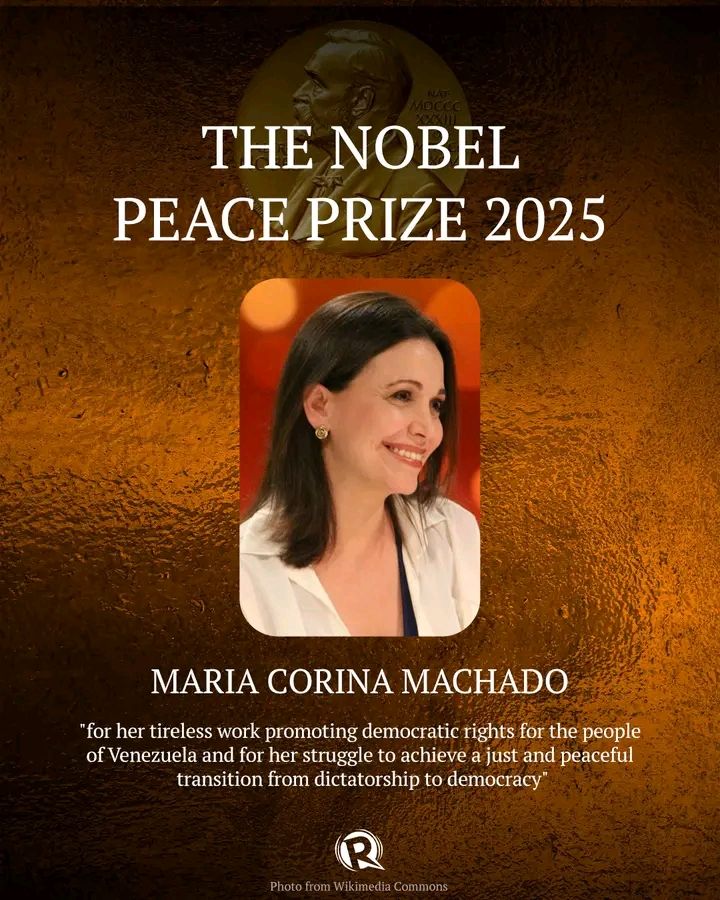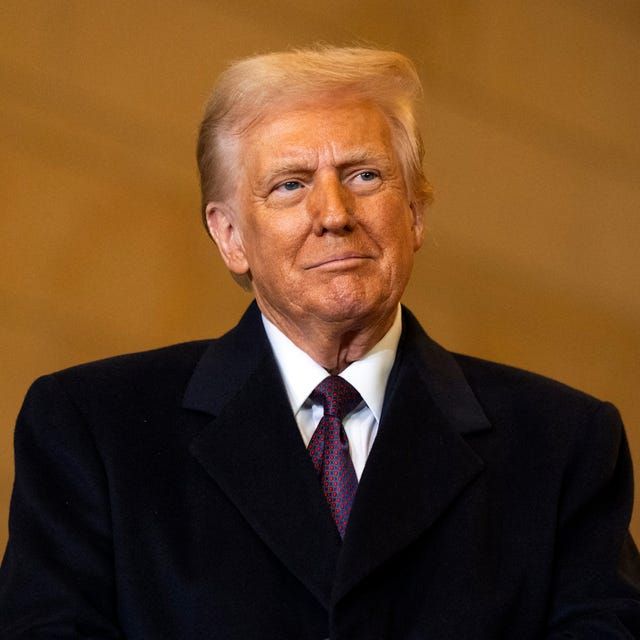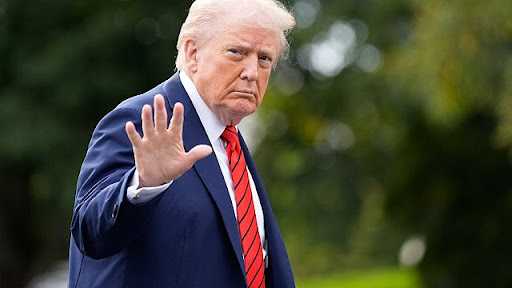When the 2025 Nobel Peace Prize was awarded to María Corina Machado of Venezuela on October 10, it set off a wave of disappointment among President Donald Trump’s base. Supporters who had vocally backed Trump’s bid for the award took the decision as a snub and accused the Nobel Committee of playing politics over meaningful peace work.
Despite being passed over, Trump did not stay silent. He told reporters that Machado had called him, saying she accepted the prize “in honour of you, because you really deserved it.” He added with a hint of irony, “I didn’t say, ‘Give it to me,’ though. I think she might have.” Critics seized on the remarks, interpreting them as a mixture of damage control, self-promotion, and deflection.
At the White House, Communications Director Steven Cheung led the charge, denouncing the committee’s selection. “The Nobel Committee proved they place politics over peace,” he posted on X. He praised Trump’s diplomacy, including a recent ceasefire deal in Gaza, and claimed no one else could match Trump’s humanitarian impact. Meanwhile, special envoy Richard Grenell tweeted bluntly, “The Nobel Prize died years ago.”
Machado’s acceptance speech added a dramatic twist: she dedicated her award to both the people of Venezuela and Trump, citing his “decisive support” for democratic causes. Her gesture elicited both praise and eye rolls. Critics say it underscores the complex relationship between U.S. political ambitions and Latin American opposition movements.

The backlash doesn’t exist in a vacuum. Trump’s campaign for a Nobel has been public and persistent for months. He repeatedly references ending or mediating conflicts, claiming he “stopped eight wars” and is uniquely deserving of the honor. Observers note, however, that many of his cited achievements occurred after the Nobel nomination deadline—a fact that may have worked against him.
Still, for many of his base, the decision feels less like a disqualification and more like institutional bias. Online, forums and social media brim with accusations that the Norwegian Nobel Committee has long leaned left. Some supporters argue that because the prize committee’s decision invoked themes about authoritarianism and democracy, it was implicitly critiquing Trump’s more aggressive domestic posture.
Trump did receive an unexpected ally in Vladimir Putin, who publicly praised his peace efforts despite the snub. In Dushanbe, Putin said Trump had done “a lot” to resolve global crises and questioned the Nobel Committee for what he called awards given to “minimal contributors.” Trump posted Putin’s remarks to his own social media, using them as reinforcement of his credibility.
The Nobel Committee, for its part, framed Machado’s selection as a recognition of her long-standing commitment to civic courage. In its announcement, the committee highlighted the urgent global challenge posed by democratic decline and said Machado’s work is a reminder that peace and democracy must go hand in hand.

Trump’s reaction was measured outwardly—he congratulated Machado and referenced her phone call—but in private and through surrogates, the tone was more bitter. He doubled down on claiming unrecognised achievements, lamenting that the prize deadline legislation prevented many of his actions from being considered. He questioned why someone he calls a “visionary” could be ignored by an institution that claims to herald global peace.
For Trump supporters, especially those who styled his presidency as a counterweight to global elites and “establishment” institutions, the Nobel omission is instructive. It reinforces narratives that even when Trump pursues international deals or conflict resolution, he cannot gain legitimacy in institutions he views as inherently adversarial.
What happens next is uncertain. Trump may push harder for 2026 recognition or seek to discredit the Nobel process. Machado’s dedication may deepen her visibility within U.S. conservative circles, though the optics could also make her a controversial successor in Latin geopolitical debates.
María Corina Machado Wins 2025 Nobel Peace Prize for Her Fight for Democracy in Venezuela

